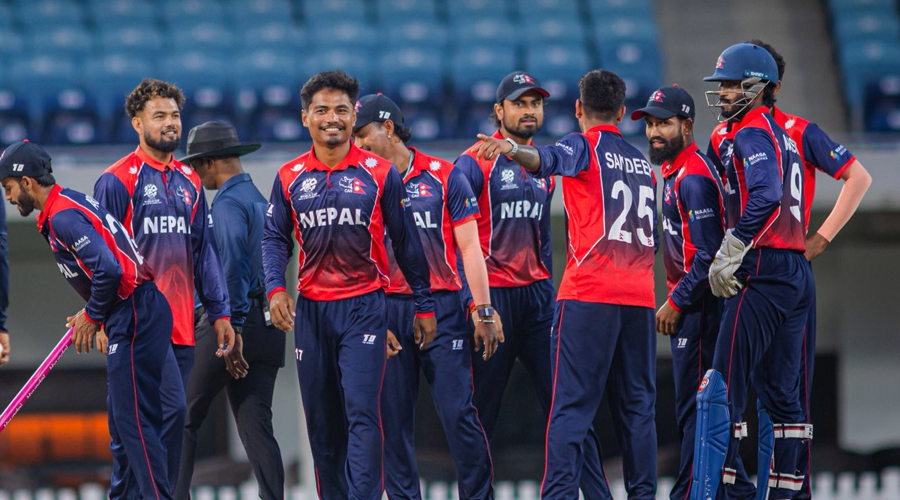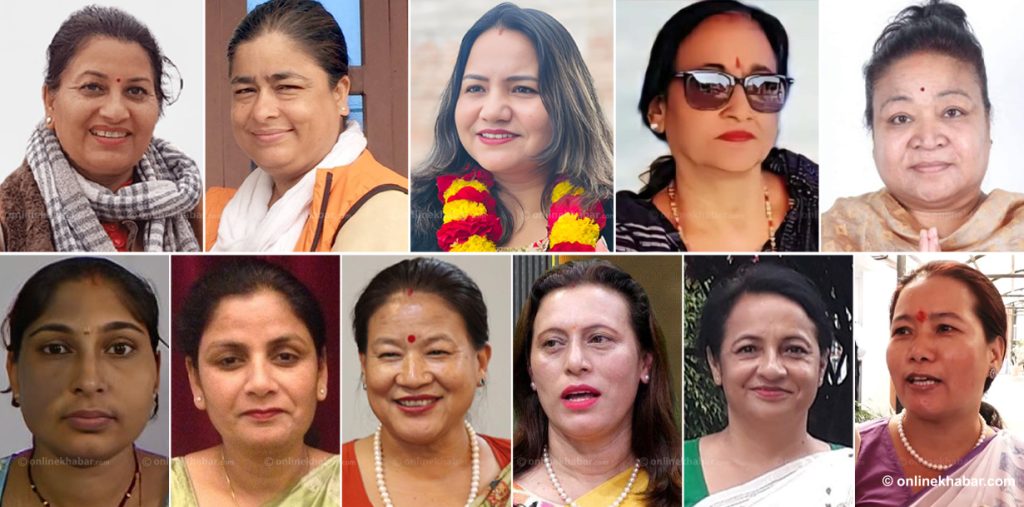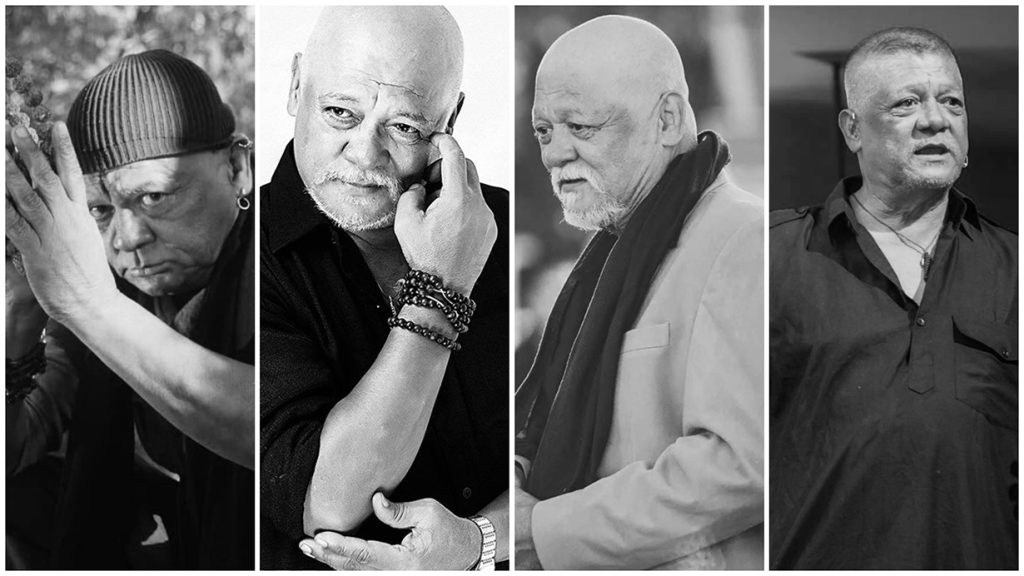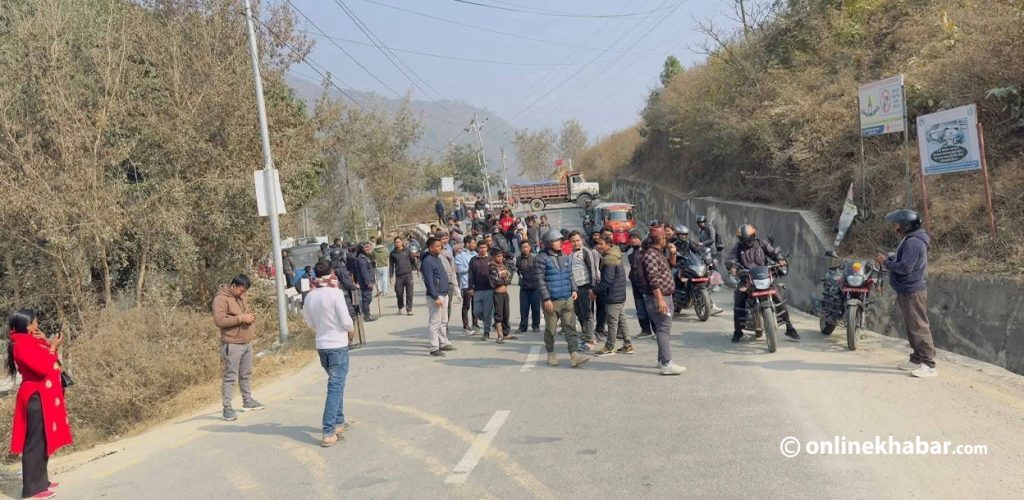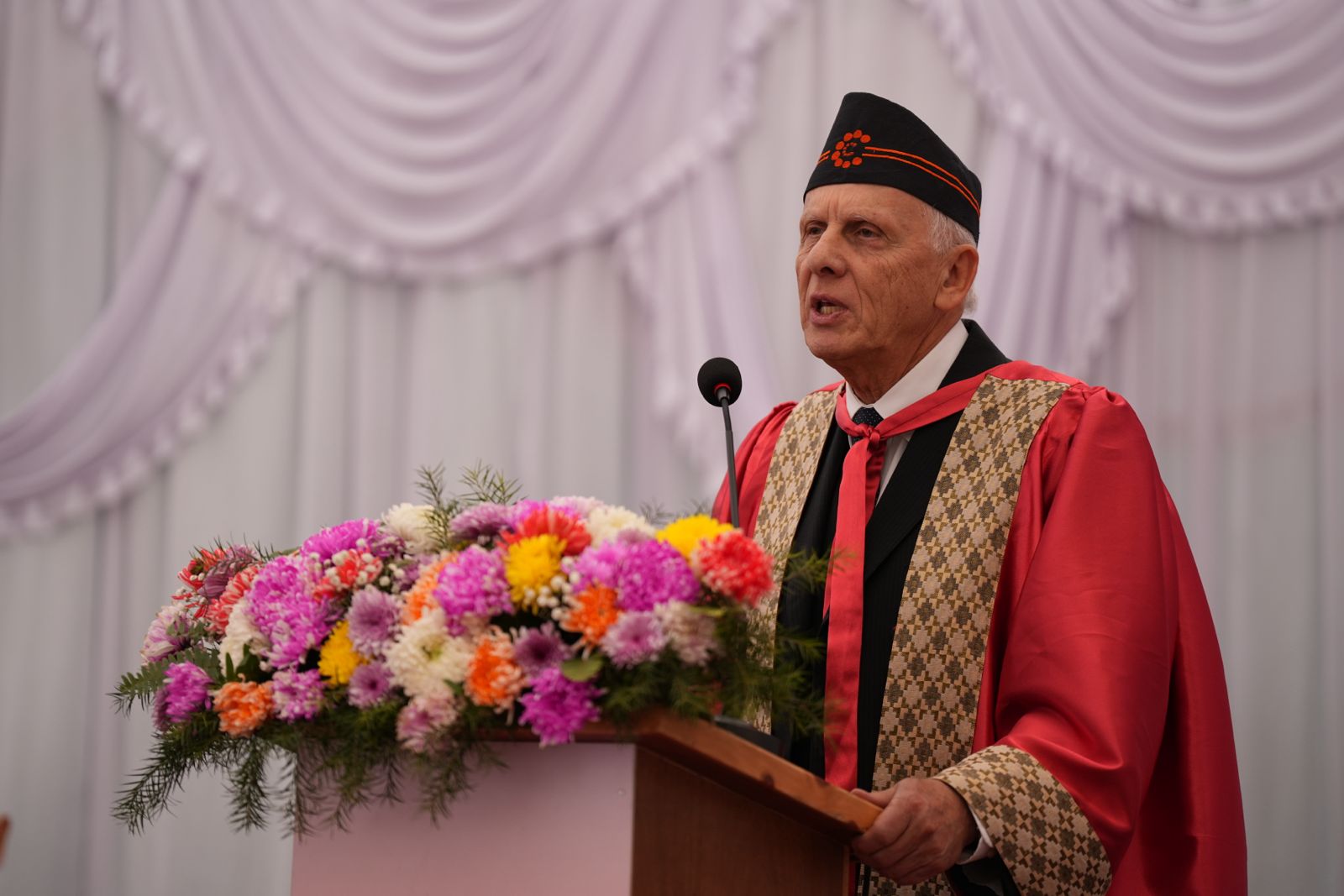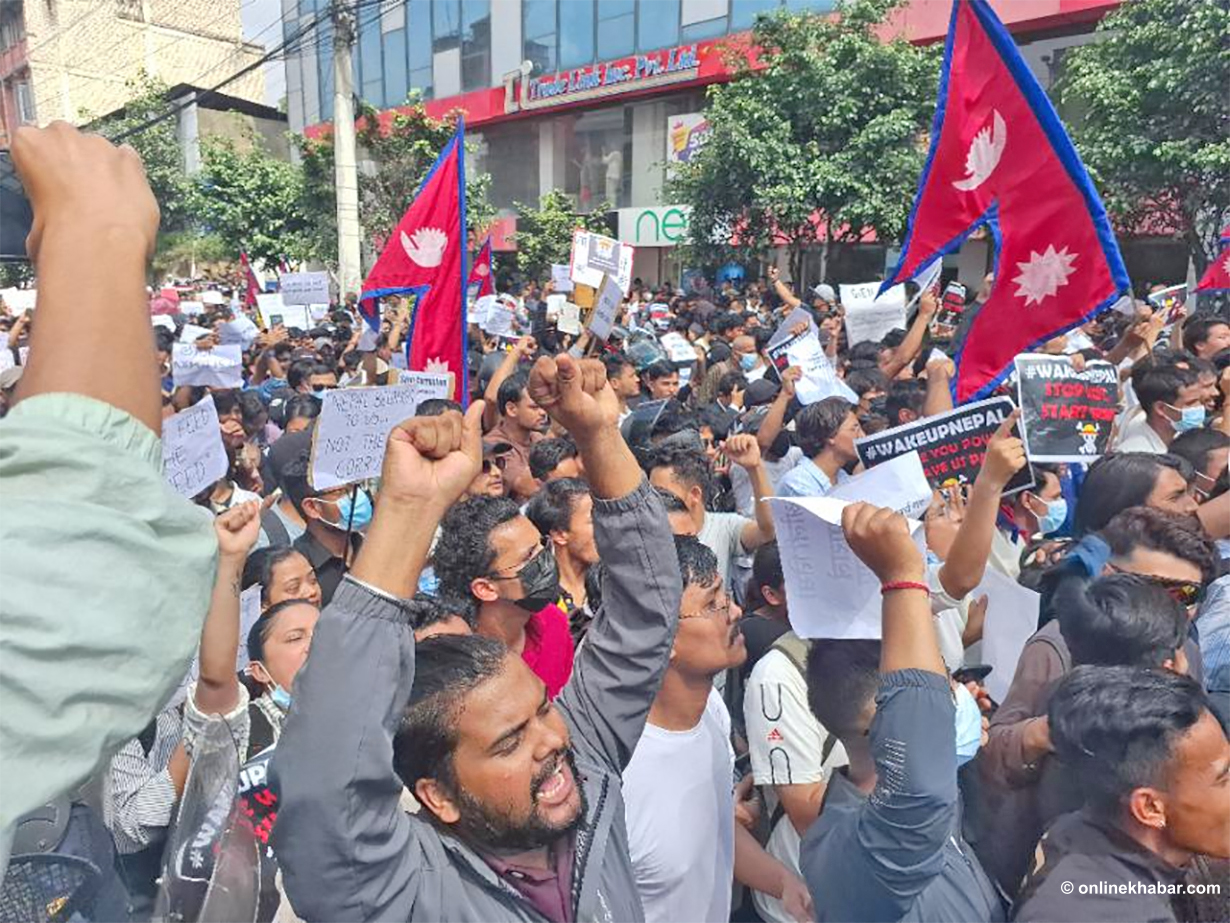
The digital sphere in Nepal erupted once again this week not with policy debates or civic announcements, but with another profanity-laced tirade from Kathmandu’s Mayor, Balen Shah.
His recent social media status, a sweeping, expletive-filled condemnation of global powers and domestic political rivals alike, has ignited a firestorm of criticism, forcing a sobering national conversation: What does the rise of such a leader mean for the future of Nepali democracy?
This is not an isolated incident. Mayor Shah has cultivated a political persona that thrives on controversy and direct, often abrasive, communication. From earlier posts dismissing political opponents to his latest outburstwhich targeted the US, India, China, the RSP, UML, and Congress in a single, incoherent blast, a clear pattern has emerged. This pattern now raises urgent questions about the nature of representation, the maturity of our political discourse, and the very trust placed in him by a generation desperate for change.
From revolutionary hope to reckless tantrum

Balen Shah’s ascent was nothing short of a political earthquake. His image as an outsider, a man unafraid to speak his mind was his greatest asset.
However, his latest statement, and others like it, reveal a critical flaw. The “straight talk” that once seemed refreshing has curdled into something far more damaging: a blatant disregard for the responsibilities of public office.
“Leadership, especially in a diplomatic and economic hub like Kathmandu, requires nuance, tact, and strategic thinking,” says political analyst Dr Aasha Koirala. “What we are witnessing is the opposite. To casually hurl expletives at neighboring giants and domestic parties alike is not a sign of strength; it is a sign of profound immaturity and a dangerous lack of diplomatic acumen. It undermines Nepal’s position on the global stage and erodes the very institutions he was elected to strengthen.”
A mayor’s platform is a tool for public service, not a personal megaphone for venting frustration. When the highest civic official of the capital city engages in such behavior, he doesn’t just speak for himself, he inadvertently projects an image of the entire city and, to an extent, the nation.
The erosion of democratic discourse
At its heart, democracy is built on dialogue, debate, and the respectful exchange of ideas even among fierce adversaries. Mayor Shah’s approach lumping all dissent and opposition into a single category to be cursed directly corrodes this foundation.
“This kind of rhetoric is anti-democratic,” argues constitutional expert Sanjay Poudel. “It does not invite debate; it shuts it down. It does not offer solutions; it only amplifies anger. In a diverse and multi-party democracy, a leader must be able to build bridges, even with those they disagree with. By declaring ‘fuck’ everyone, he is essentially saying he refuses to engage in the core function of democratic governance: collaboration.”
This model of leadership sets a dangerous precedent. It normalizes incivility and suggests that complex geopolitical and economic challenges can be solved with anger rather than analysis. For young, impressionable voters who supported him, the message is that substance is secondary to style and that loud, confrontational posturing is a substitute for competent governance.
The voter’s dilemma: Charisma vs character
The situation with Mayor Shah presents a critical dilemma for the Nepali electorate, one that resonates in democracies worldwide: the choice between charismatic outsiders and experienced, if flawed, institutions.
Balen Shah’s appeal was undeniably rooted in his charisma and his identity as a disruptor. However, his repeated outbursts force us to confront the difference between charisma and character, between popularity and principle.
“We, the youth, were so desperate for a new face that we may have confused rebellion for capability,” reflects Rojesh Bhandari, a 24-year-old law student and former campaign volunteer for Shah. “We wanted someone who wasn’t a politician, but we failed to ask if he had the temperament of a statesman. There’s a big difference. Rebelling against the system is one thing; responsibly leading within it is another. His recent actions feel like a betrayal of the trust we placed in him. We didn’t want a different kind of noise, we wanted actual change.”
This introspection is crucial for the health of democracy. The vote is the most powerful tool citizens possess. Its misuse whether out of anger or the allure of a personality cult can have long-lasting consequences.
The lesson here is that electing a leader requires a thorough examination of their character, judgment, and emotional intelligence, especially under pressure.
A path forward: Demanding accountability
So, where does this leave Nepal? The rise and stumbles of Balen Shah are not just his story; they reflect the nation’s ongoing political evolution.
First, there must be accountability. The public, and especially his core supporters, must move beyond blind allegiance and demand better. The energy of the Gen Z revolution should now be channeled into holding their chosen leader to a higher standard to demand detailed plans over provocative posts, and tangible results over viral tantrums.
Second, traditional political parties must see this as a wake-up call. The vacuum they created through years of corruption and unfulfilled promises was real. If they do not seriously reform, address public grievances, and offer credible candidates, the electorate may continue to gravitate toward flawed outsiders with unpredictable results.
Finally, this episode serves as a stark reminder: democracy is not a one-time event but a continuous process of evaluation and course correction. The power to choose a leader also carries the responsibility to critique them and if necessary, to replace them.
The choice is not merely about Balen Shah. It is about the kind of political culture Nepal wants to build. Do we want a democracy where leadership is measured by the volume of one’s anger or by the depth of one’s wisdom? The answer to that question will determine the fate of the nation far more than any social media status ever could.











